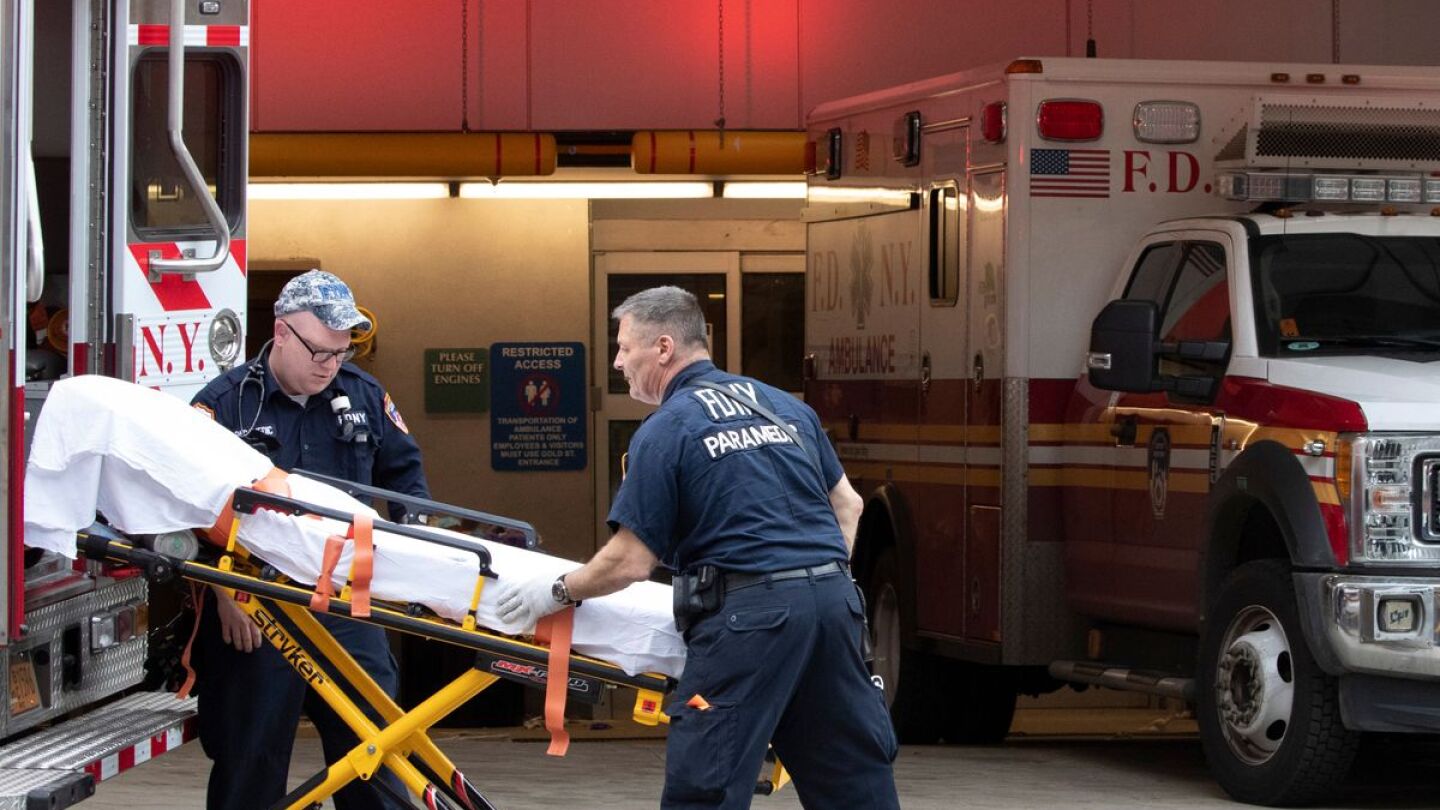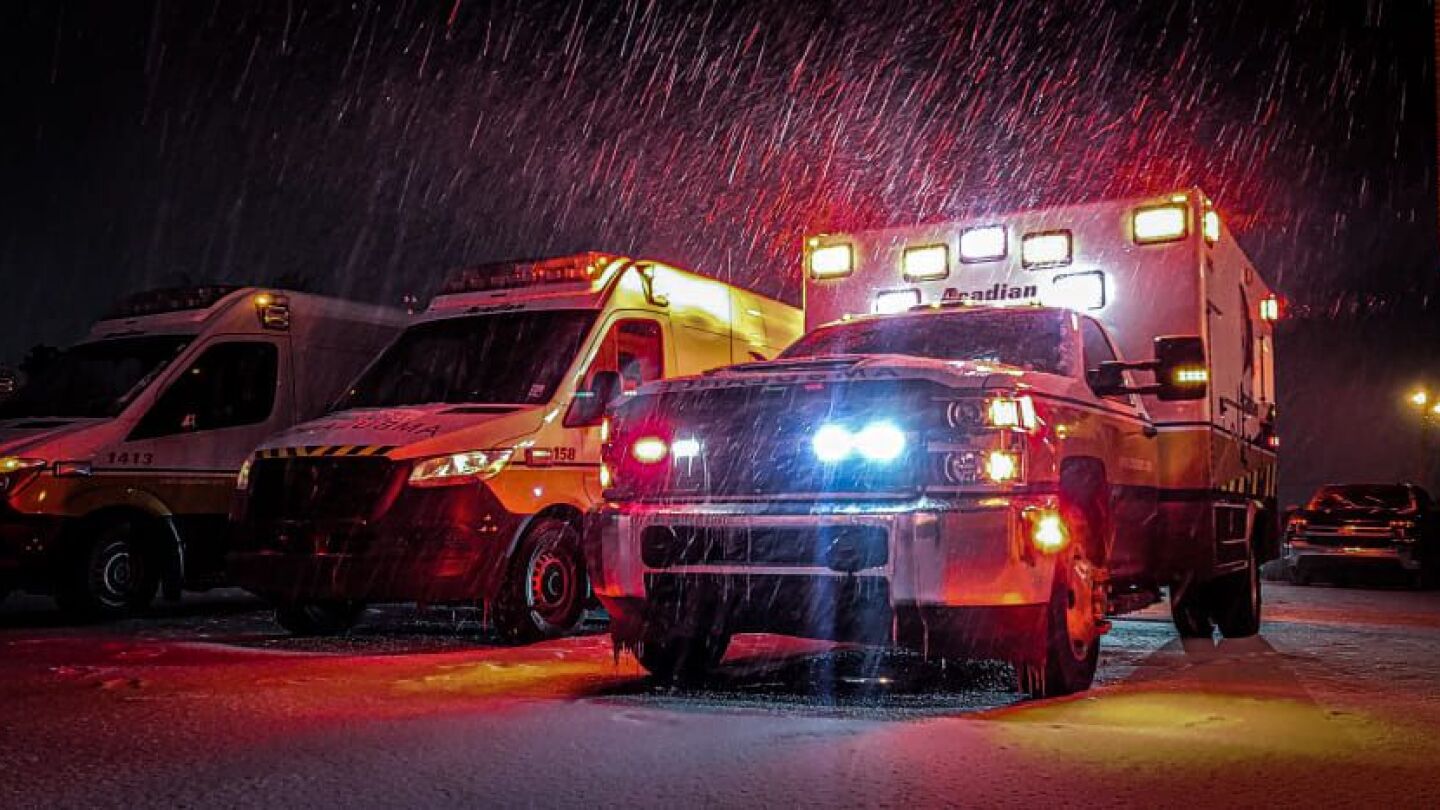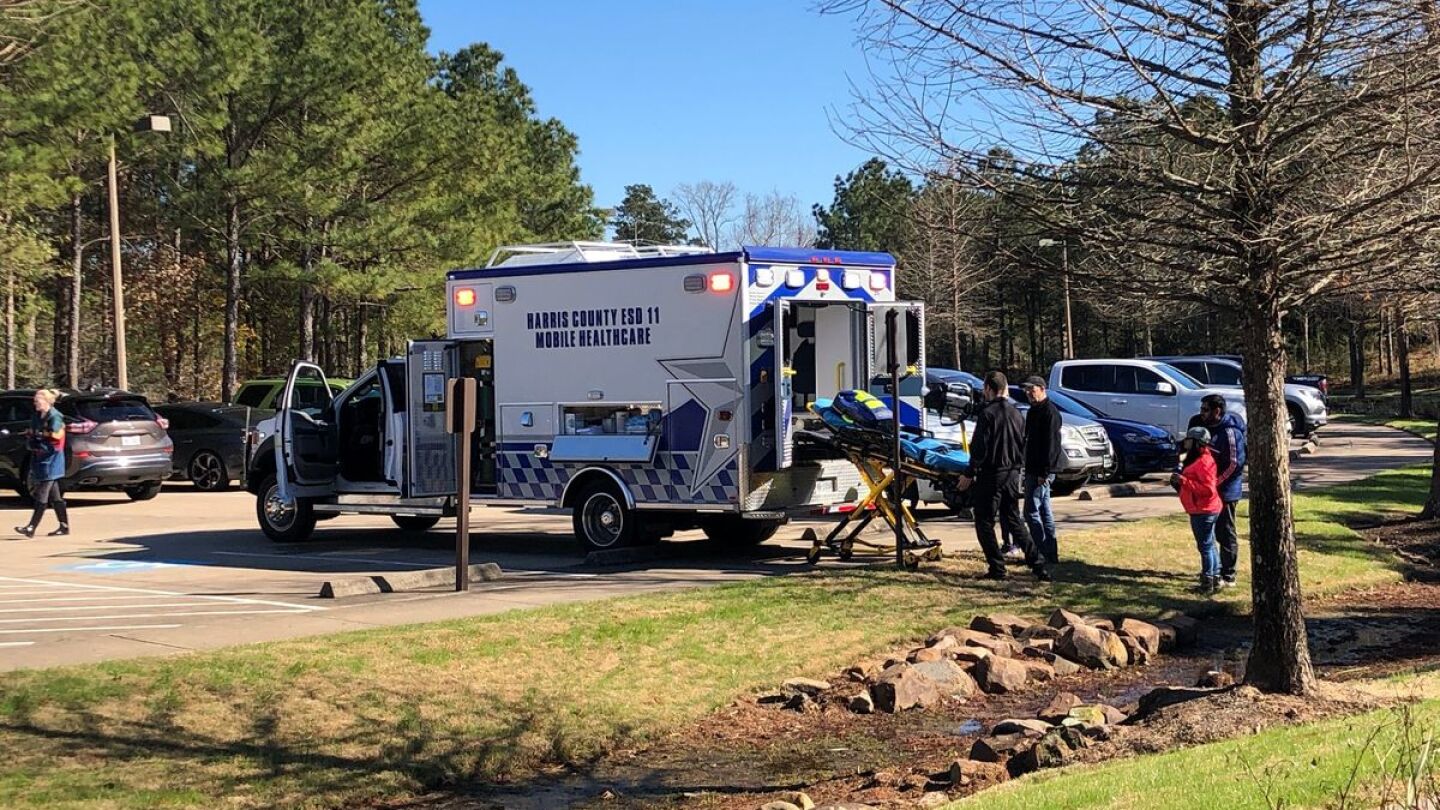Clinical
Access our directory of clinical articles in EMS, which offers in-depth information on patient assessment, treatment protocols, and emerging medical practices. This collection covers various clinical topics essential for EMS professionals, from advanced pharmacology to trauma management. Staying up-to-date with clinical knowledge is vital for delivering high-quality patient care. For additional resources, explore our section on Medical Research. Enhance your clinical expertise with our expert-driven content.
Learn how to detect pulmonary embolism through clinical symptoms and capnography, ensuring prompt and effective response
Enhance your IV insertion skills with these expert tips, ensuring efficient and effective patient care in emergency situations
A comprehensive guide to evaluating abdominal pain through targeted assessment questions and clinical examination techniques
A randomized trial suggests public spaces may be suitable for blood pressure screenings
Managing high-risk/difficult refusals with the FEARS mnemonic
Four distinct events must occur in order for an anaphylactic reaction to manifest
An easy patient assessment activity you can incorporate in any classroom
An EMT reflects on the intersection of duty, faith and humanity
Learn how implicit bias is shaping (and harming) the care we give to female patients
We train extensively on blunt trauma and GSWs, but stab wounds also present a real danger for patients
For new EMTs and paramedics there is nothing more important than improving your patient assessment skills; learn and follow these field proven tips
A fatal medication error and subsequent involuntary manslaughter charge highlights the ongoing challenges of error reporting in EMS
We asked readers for advice on learning and studying pharmacology and received dozens of fantastic responses
Remain consistent once you’ve established the patient’s weight, ensure you know what’s in your containers and practice dosing calculations to prevent medication administration errors
The criminalization of medical errors has added a new layer to reducing harm
Watch as Steve Whitehead shares quick tips for improving stroke care
Day 1 of the Wisconsin EMS Association conference featured sessions on sepsis, electrolyte imbalances, facial trauma and traumatic amputations
“What happens when the kidneys aren’t getting enough blood? They sound the alarm with renin.”
Dr. Amanda Berndtson shares the impact of wall-related injuries on EMS and hospitals in Southern Arizona and San Diego at NAEMSP Grand Rounds
These devices, crucial for measuring blood oxygen levels, have shown discrepancies in accuracy when used on darker skin, leading to potential health risks for non-white patients, the study states
For your reference: A pediatric vitals chart broken down by age range
The dos and don’ts of operating in an era where everyone has a camera on you
Rescuers need to anticipate specific medical problems and patient needs as they prepare to encounter patients in a collapsed structure or debris pile
Educating patients at the highest risk for suffering a fatal overdose
Crush syndrome can be expected following any event where patients are trapped for a length of time
EMS clinicians are in a unique position to provide proactive education to patients as the only subset of clinicians that enter their homes
EMS providers bring comfort, calm and cheer to the lives of people who need us the most
Harris County ESD11 Mobile Healthcare developed 10 commandments to set initial expectations while onboarding 200 paramedics
When shopping for a new pulse oximeter, here are six important issues to consider
Steve Whitehead asks, does your pulse ox probe fail you, or do you fail it?
How advanced techniques like delayed-sequence intubation and NIPPV mitigate adverse outcomes in physiologically difficult airways
Where capnography can guide treatment in complex medical scenarios
MOST POPULAR
- How to use SAMPLE history as an effective patient assessment tool
- Nitroglycerin explained: Proper dosing and critical contraindications
- Neuro Pro unveils Head-Up CPR Board to improve survival outcomes during resuscitation
- Use AVPU scale to determine a patient’s level of consciousness
- How to find and assess a pedal pulse


































